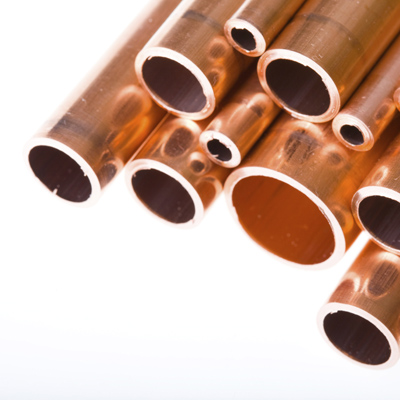Researchers from the University of Zagreb in Croatia have successfully developed a cheaper alloy that can remember its original shape and convert it to pre-deformed shape by heating. Now the product is ready for mass production and can be introduced before 2013.
The project has been led by a researcher at Zagreb University, Professor Mirko Gojic and it has received tremendous support from EUREKA.
 Shape memory materials for use in smartphones and high-tech gadgets
Shape memory materials for use in smartphones and high-tech gadgets
The titanium and nickel based alloy utilized to make shape memory materials is expensive and hence researchers have begun searching for cheaper alternatives. Shape memory alloys can be manufactured in several sizes and shapes for a wide range of applications. These alloys are used in medical applications, robotics and smart phones. High price is one of the significant issues associated with manufacturing these high-tech materials. Hence, Goijic and his team concentrated on developing a new and low-cost copper-based alloy. But, this alloy is also expensive and the team continued to work on an economically viable substitute. Rapidly Solidified Shape Memory Alloys (RSSMA) is the name of the research project, which lasted for three years.
The Croatian team has received the EUREKA grant to produce the new, cheaper alloy. They collaborated with colleagues from the University of Maribor, Slovenia’s Faculty of Mechanical Engineering and the Faculty of Natural Science and Engineering at the University of Ljubljana in Slovenia and Montanuniversität Leoben in Austria.
The project focuses on the cheaper price of the final product. The price depends partially on the techniques used to produce the shape memory alloy. The alloy is expected to be a cost-effective alternative, because nickel and titanium are expensive raw materials than aluminum and copper. The team has successfully reached the last phase of research and testing and will soon enter the commercial production phase. The new alloy has the potential application in mechanical and electronics industries. It might also have application in the emerging market of smartphones.
The EUREKA grant helps to purchase the new equipment such as thermal analysis tool and scanning electronic microscope. The Croatian researchers continue to employ this equipment to expand the project further and for new research activities in the area of smart materials.